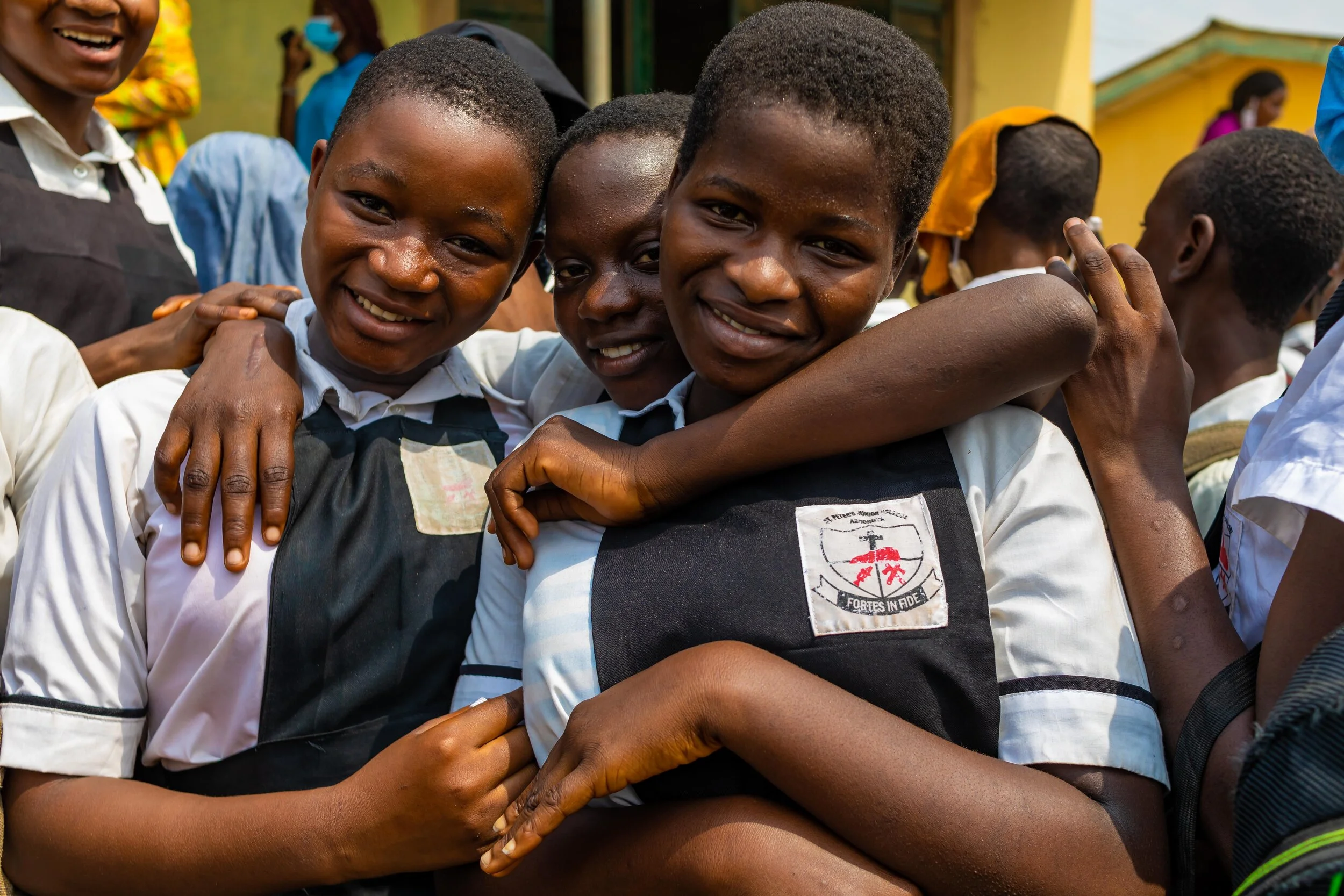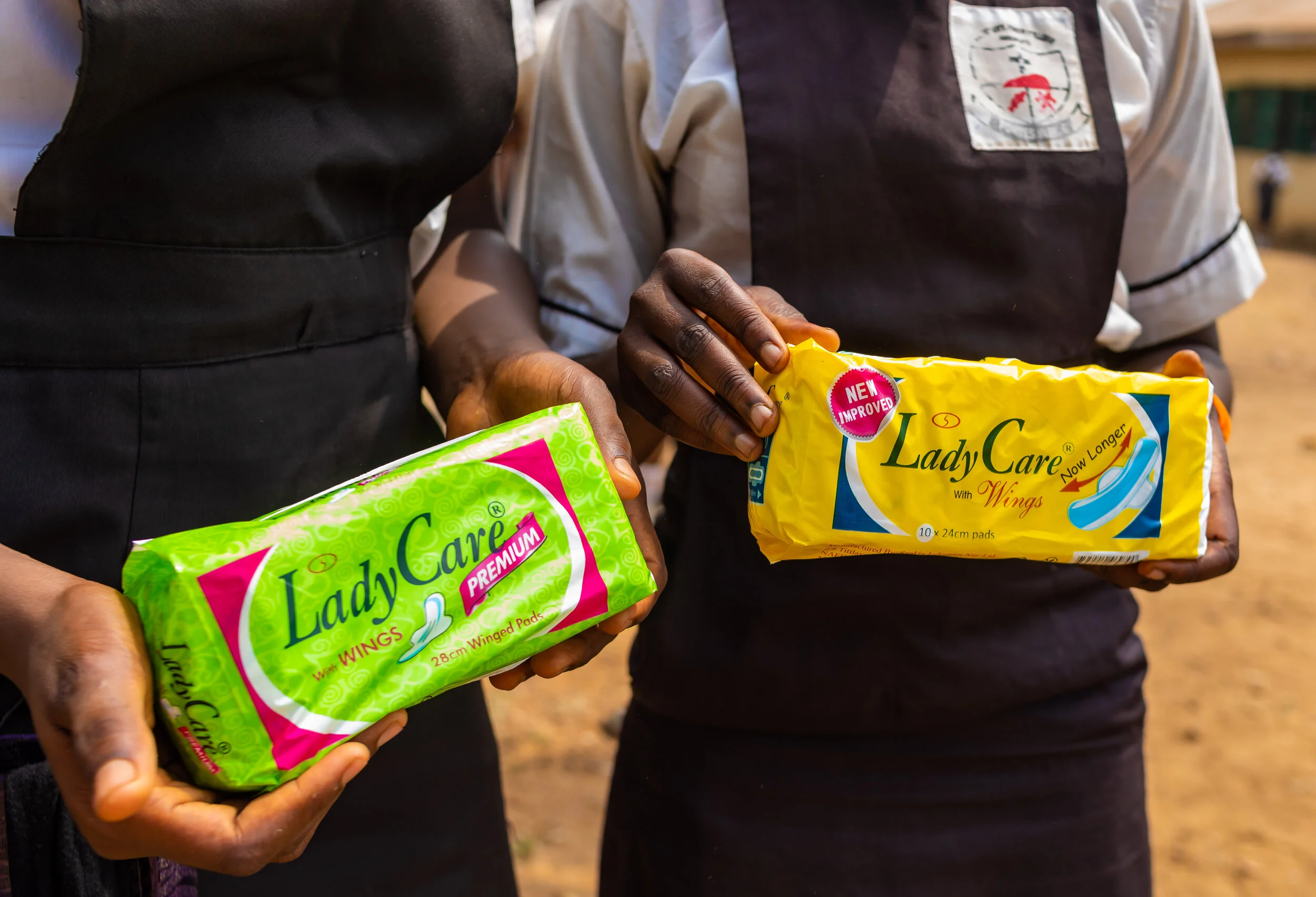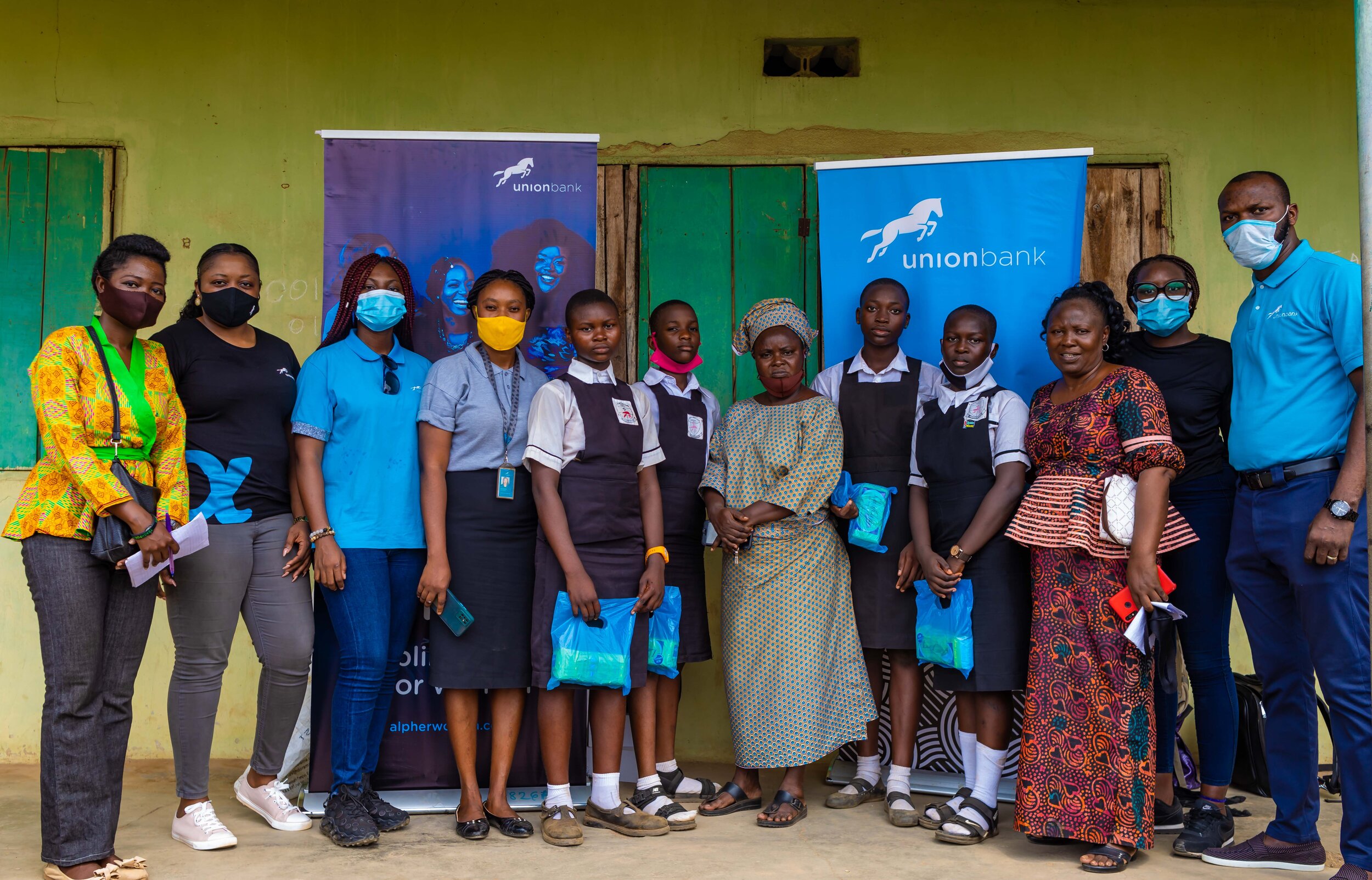Improving the Girl Child Education and Menstrual Hygiene by Providing Free Sanitary Pads in Secondary Schools
Millions of girls are not in school today. They are shut out of education because of discrimination, emergencies and culture. These girls have hopes of being educated, fulfilling their potential, work and help their families and communities.
Photo by Toyin Adedokun
Elizabeth is a sixteen-year-old girl living in the outskirts of Abeokuta as a help. Her dream is to become a lawyer, but beyond this, she just wants to be successful enough to take care of her mother in the village. Elizabeth is a JSS 2 student at St Peters College Abeokuta, a public-owned secondary school.
When Elizabeth was 12, she got her first menstrual period. She was terrified and shaken. Was she injured? Had she done something wrong? She couldn’t remember doing anything her guardian had advised her not to do. Had she done it and forgotten? What now?
The first people Elizabeth could reach out to were her trusted friends, Seun and Remi - they were 13-year-old girls and had seen their periods 1 year earlier before Elizabeth. They were Elizabeth’s advisors who told her a menstrual period was nothing to be worried about.
“The only thing you have to do is to find an old cloth and put it “there” when it starts”. They told her.
Girls like Elizabeth, in communities where there is a stigma to talking about Girls’ reproductive health, always have to depend on their friends for health advice. In many low-income homes/ communities across Nigeria, there are girls who have never received advice from older women in their families or schools due to cultural barriers and beliefs.
Millions of girls, some living around you, use rags every month because they have no access to the right information and even when they have that, the pads are just too expensive for them.
Remi had been using rags for a year before Elizabeth saw her first flow. On average, Remi’s period lasts for 5 days and during these times her performance in school drops. She is less responsive in the classroom and constantly has a burning need to have a bath. “I feel dirty when I’m menstruating,” Remi says and I always feel like bathing. Surprisingly, she has given to this urge to shower by finding hidden areas in school and having her two friends keep watch while she bathes with a small bowl of water. But when Remi got into our Menstrual Hygiene Management Program, her idea of what it means to live life as a girl was transformed. She had no idea about the relative comfort of a pad and thought all women, like her, used rags.
Photo by Toyin Adedokun
Should teenage girls like Elizabeth or Remi miss out on an education due to a lack of information or a lack of sanitary products?
Photo by Toyin Adedokun
According to UNESCO, about 131 million girls are out of school — and 100 million of those are girls of secondary school age. While there are many reasons for this, menstruation plays a major role. UNICEF has estimated that roughly 1 in 10 girls in Africa miss school because of their menstruation each year. In fact, many girls drop out of school altogether once they begin menstruating.
At Sharing Life Africa, we believe every girl deserves an opportunity to fulfill her highest potentials. To achieve this, we have collaborated with Union Bank’s alpher Woman to keep 200 young girls in school by making sure they have access to sanitary products, accurate information regarding their own menstrual health.
Speaking on this initiative and Union Bank’s support to the girl child, the bank’s Head, alpher/Women Banking, Omolara Abiola said,
“Union Bank is proud to partner with Sharing Life Africa on this initiative. As a financial institution dedicated to enabling success for every woman especially the girl child, this partnership amplifies our commitment to gender equality and inclusion.”
Together, we are also breaking the shame and stigma associated with menstruation.




